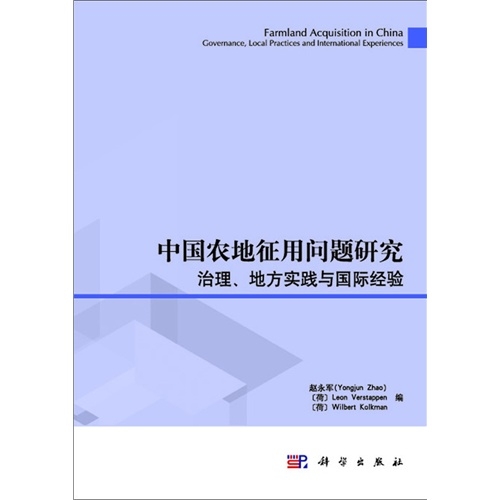Use of GIS tools for environmental conflict resolution at Map Ta Phut industrial zone in Thailand
This paper presents an analysis of an environmental conflict that arose in a Thai industrial zone. The authors analyse state policies to resolve the conflict, and draw lessons for other industrializing nations adopting industrial zone models. The study revealed that a root cause of the conflict was violation of land-use planning regulations and expansion of the industrial zone into community areas. Through legal action, civil society successfully forced the state and industries to halt unplanned expansion.






